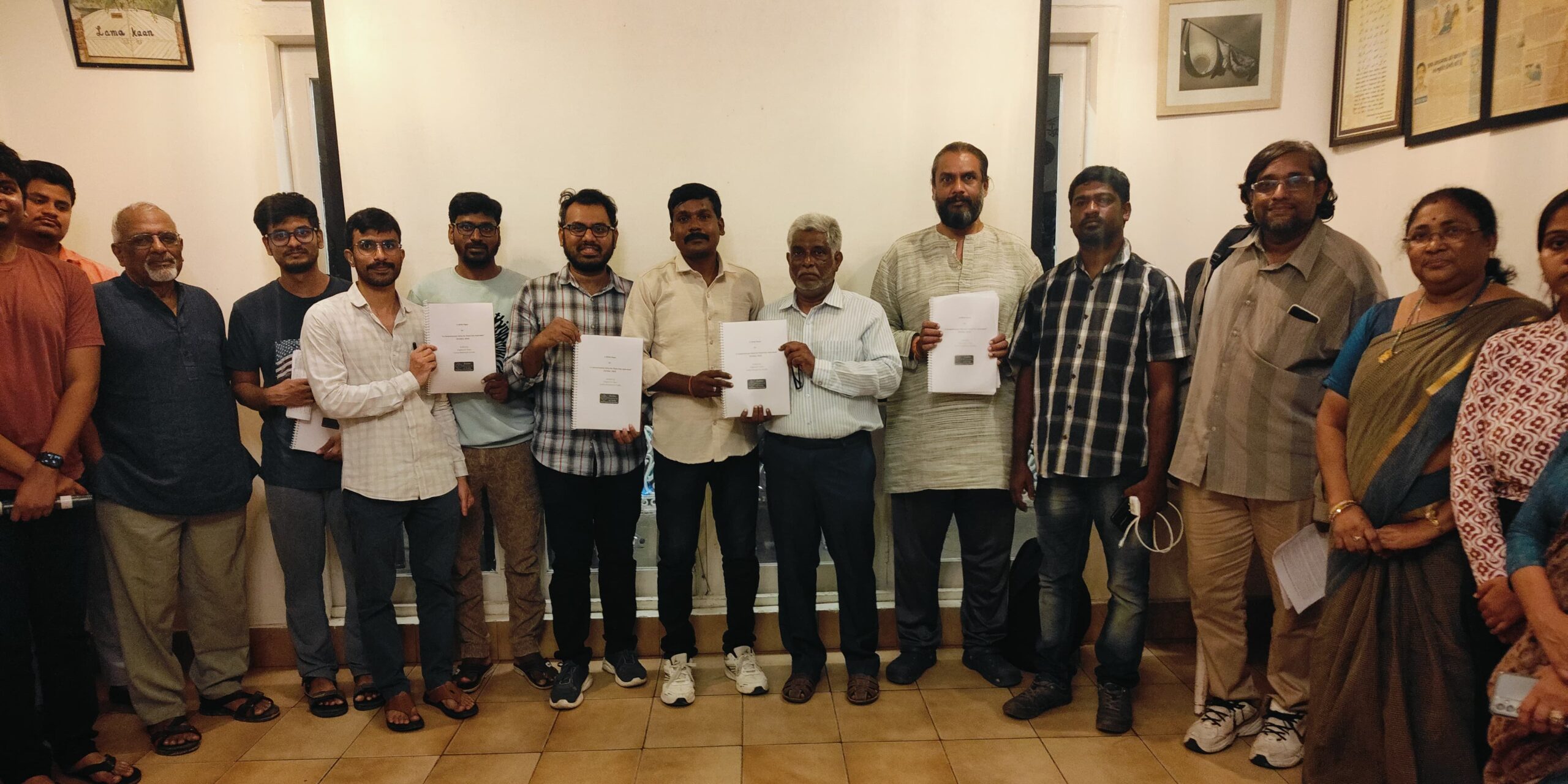According to the organisers of the event, it aimed to bring together government officials, community leaders, and citizens to forge a path towards a flood-free Hyderabad.
Published Oct 20, 2024 | 12:45 PM ⚊ Updated Oct 21, 2024 | 12:18 PM

The Justice Movement of India held an event titled "Flooding in Hyderabad: The Role of Government and Citizens in Flood Prevention".
The Justice Movement of India (JMI) on Saturday, 19 October held an event titled “Flooding in Hyderabad: The Role of Government and Citizens in Flood Prevention” in Banjara Hills to address the issue of urban flooding.
According to the organisers, it aimed to bring together government officials, community leaders, and citizens to forge a path towards a flood-free Hyderabad.
“Recent years have seen the city of Hyderabad grappling with severe flooding, causing widespread disruption and damage. In response, JMI has organised this event to spotlight the critical roles that both governmental bodies and local citizens play in flood prevention and management,” they said in a press release.
JMI also released a white paper, Comprehensive Policy for Flood-Free Hyderabad, detailing the steps needed to put a check on the issue.
The event saw a screening of the documentary ‘Why did Hyderabad Drown? which was led by JMI Organiser Goutham Ragi.
“Those who don’t learn from History, tend to suffer from its repetition. If we don’t act today, the horrific 2020 floods in Hyderabad will come back with multifold intensity,” the organisers said.
The white paper analysed the current challenges faced by the city and detailed policy recommendations aimed at mitigating flood risk through sustainable urban planning and community engagement.
“The recurrent floods in Hyderabad not only signify a lapse in our current urban planning and policies but also highlight the pressing need for a proactive approach to disaster management,” said Akarsh Sriramoju, an organiser at JMI.
“With this event, we aim to initiate a robust dialogue between the government and the citizens to collaboratively develop and implement effective flood prevention measures. JMI is gearing up to present this white paper to the Government of Telangana in the forthcoming days, underscoring our commitment to advocating for effective flood management solutions in Hyderabad. In parallel, we will intensify our efforts to raise public awareness about our Flood-Free Hyderabad campaign,” he added.
“Our goal is to cultivate widespread support that will pressurise government action towards implementing the recommendations outlined in the white paper and taking decisive steps to mitigate flood risks, “ said JMI organiser Narender Kalal.
JMI also put forth their demands to ensure a flood-free Hyderabad.
